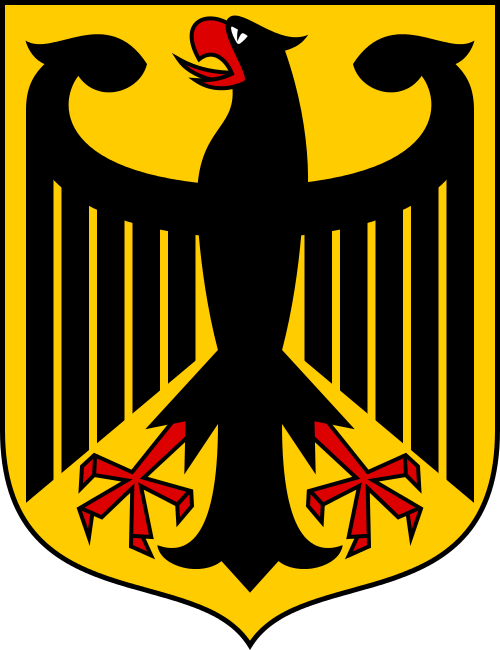Germany.svg_.png

With the antagonism for NATO and the European Union being expressed by the U.S. President, the NATO members who do not have nuclear weapons are coming to doubt the reliability of the U.S. in coming to their aid if attacked by a nuclear armed enemy such as Russia. The U.S. President himself has even suggested that in addition to increased defense spending, some non-nuclear nations might consider getting their own nuclear weapons. This flies in the face of international attempts to prevent the spread of nuclear weapons.
Since the end of World War II, the Protocol of the Treaty of Brussels has forbidden Germany to have nuclear, biological or chemical weapons. Now a prominent German political scientist named Christian Hacke has suggested that Germany does need to have nuclear weapons in order to deal with current international tensions.
Hacke recently published an opinion piece that said, “National defense on the basis of a nuclear deterrent must be given priority in light of new transatlantic uncertainties and potential confrontations. "Since the American nuclear guarantee has become doubtful and presumably no European deterrent variable seems feasible, the conclusion follows that in extreme cases, Germany can only rely on itself. Germany can no longer rely 100 percent on the fact that an allied nuclear power would intervene atomically for its security in an emergency. With that, the gaze is turned to the white elephant in the room, about which nobody wants to speak in Germany. How do we think about a potential nuclear power Germany?”
Irike Franke is an analyst for the European Council on Foreign Relations. He recently expressed a belief that it was “crucial” for Germany to have a debate over nuclear weapons. He said, “What Germany is slowly realizing is that the general structure of the European security system is not prepared for the future.
Germany started two world wars in the Twentieth Century and the world is still divide on the idea of Germany acquiring the most power weapons in the world. They certainly have the technical and industrial mean to develop and test nuclear weapons if they choose to. The U.K. has nuclear weapons and they are leaving the European Union. France has nuclear weapons and there are French politicians who would like to leave the E.U. behind. Spain, Greece and Italy have growing movements which would like to see the end of the E.U.
If the E.U. collapses, the countries of Europe might return to the adversarial positions that led to two world wars. In addition, Russia has been aggressively brandishing it nuclear arsenal in order to intimidate the countries of Europe. Russia and Germany are old enemies and there are wounds on both sides left by World War II have never hears.
In the increasingly unstable and contentious international atmosphere, German politicians would be remiss in their duties not to consider a future in which Germany might have to face a nuclear armed Russia alone. It would only make sense for them to be thinking about their own nuclear arsenal.